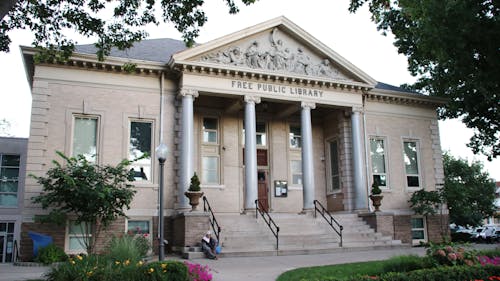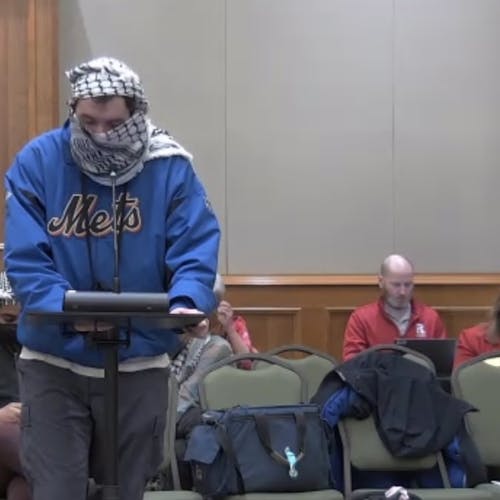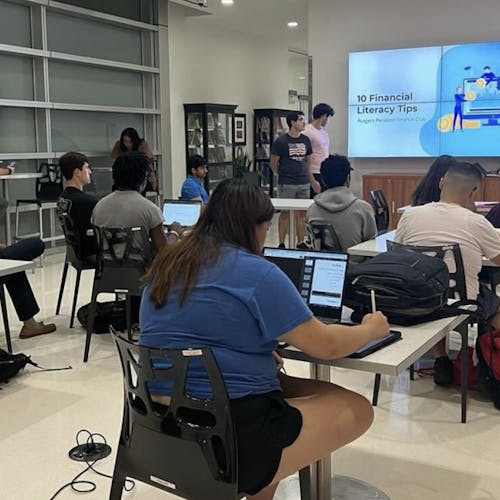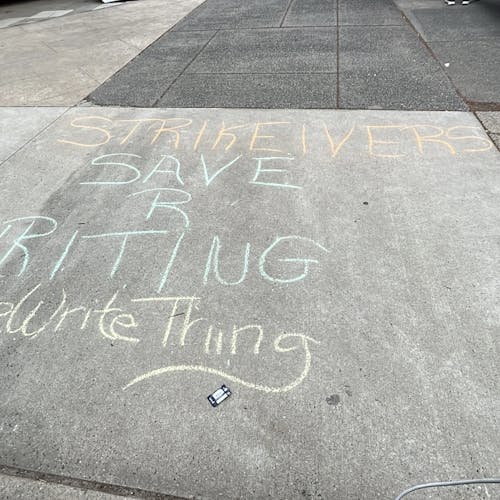New Brunswick library introduces children to the world of Special Olympics

This past Thursday was the first event of the new Young Athletes program held at the New Brunswick Free Public Library.
Young Athletes, a national program sponsored by the Special Olympics, provides the equipment and trains the local organizers to create an inclusive sports program for children ages 2 through 7 years old. This program prepares them for future participation in sports while improving gross motor, social and cognitive skills, according to the website.
It is meant to welcome children and their families into the world of Special Olympics.
Participation in Young Athletes can help children with intellectual disabilities develop motor skills, while improving social, emotional and learning skills, according to the website. Parents and teachers of children who took part in the Young Athletes curriculum said they learned skills that are necessary for pre-primary school.
Karen Stuppi, the children's librarian at the New Brunswick library, said that she got the idea after attending a librarians conference. While at a coaches conference in Lawrenceville, she learned about the skills that the program is designed to teach.
As the children arrived at the beginning of the first session they formed a circle where Stuppi and the other organizers lead them through simple stretches.
There were six stations set up in the room, each with different games designed to teach some basic athletic skills. At a station with toy basketball hoops and miniature basketballs, the parents bounced a ball to the child, then attempted to make a shot. At another station, children tossed beanbags onto fabric spots on the ground.
The skills practiced at each game are simple, but for small children they require much more concentration, Stuppi said.
“With that basketball, if you had older kids you could do chest passes. But since they're little guys you just try the little bounce pass,” she said. “Just getting them to try to catch a ball you bounce to them is a big deal.”
Some of the games were more easily grasped by the children than others. For the most part, the basketball station played out as expected, and an obstacle course with a balance beam and a fabric tunnel to crawl through was also well received, she said.
After all the children cycled through all the stations, Stuppi called them back the center of the room and each child was given a scarf. Stuppi then led the children through simple activities with the scarves by relating them to familiar everyday experience.
Max Marcus is a School of Arts and Sciences senior. He is a correspondent for The Daily Targum.



